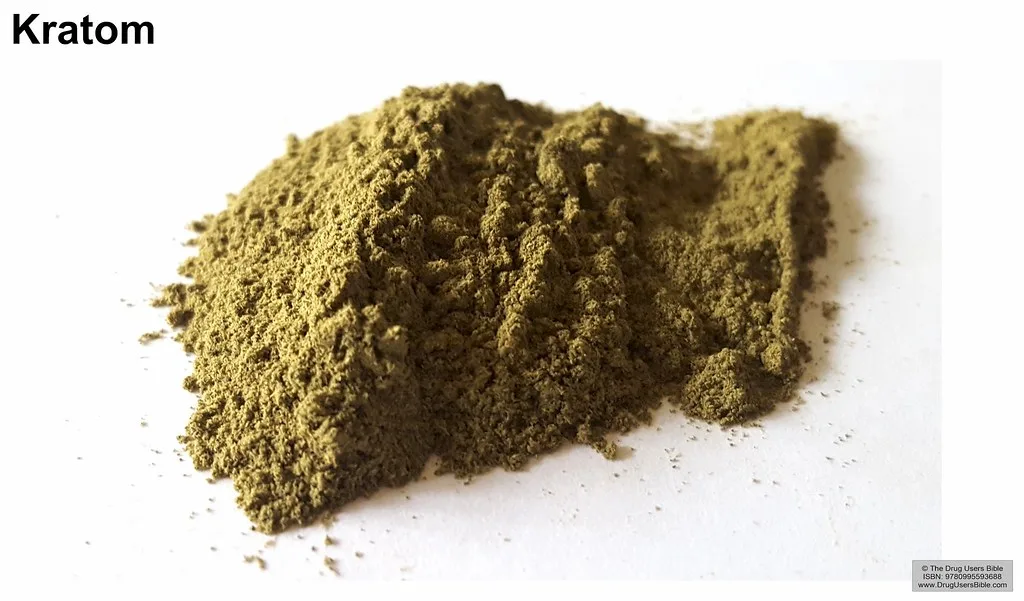Table of Contents
While there are a wide variety of pharmaceuticals available to promote mental health, some people would rather stick with more natural solutions. This could entail breathing exercises, physical activity, and other self-care practices for certain people. Others may choose to support their mood, energy, and general emotional wellness by taking vitamins. The American Journal of Preventive Medicine reports that 0.7% of Americans aged 12 or older reported using kratom in the previous year, based on data from the 2019 National Survey. on Drug Use and Health.
Health professionals advise against using this fast-acting, plant-based supplement, despite the fact that many customers praise it for helping with pain relief and mood support. The supplement is said to help with cramps, diarrhea, muscle soreness, panic attacks, and more. It comes in the form of capsules, powders, teas, and more (Mayo Clinic). NPR notes that a growing number of overdoses connected to the herb have led to lawsuits against certain suppliers.

Using Kratom Can Be Risky and Sometimes Lethal
Opioid receptors in the brain are triggered by kratom. According to the Mayo Clinic, this can have a range of effects when consumed in varying doses, from enhanced energy to euphoria, analgesia, and even sleepiness.
As an alternative, some people use it to ease the symptoms associated with opioid withdrawal. It’s simple to think that there are no health hazards associated with plant-based products. However, over 1,800 kratom-related incidents—including cases of child exposure—were reported to poison control centers across the nation between 2011 and 2017.
The supplement’s side effects include vomiting, disorientation, liver damage, weight loss, and muscle soreness. In more extreme situations, using kratom can cause addiction, depression, hallucinations, seizures, comas, or even death. Additionally, it has been demonstrated that the supplement interacts negatively with several prescription drugs, which may have an effect on brain function. Experts note that the plant’s strength may vary, even if a person is trying to consume a small quantity.This makes it challenging to determine the precise dosage or any potential negative effects that may arise.
The Drive for Legal Action by the Government
The U.S. Food and Drug Administration (FDA) does not technically regulate kratom because it is categorized as a nutritional supplement, but it nevertheless discourages consumption, according to NPR. But in the absence of government oversight, users are unaware of the contents, dosages, usage guidelines, and any dangers of the supplement. You can get kratom from vape shops and petrol stations. “When you’re selling a drug next to Skittles or energy drinks, you have no means of knowing that you’re dealing with something that is exponentially more dangerous than anything else on the shelf,” attorney Matt Wetherington, who practices in Atlanta, told NPR.
As of right now, there is insufficient data to support the claim that kratom has any genuine health advantages for consumers (Mayo Clinic). Government representatives are therefore making an effort to guarantee that the general public is aware of the very serious risks connected to the product. Currently, twelve states are working to regulate the supplement; five of those states have already outright banned kratom.
read also : Vastu suggests these 10 exquisite blooming plants.
As of right now, there is insufficient data to support the claim that kratom has any genuine health advantages for consumers (Mayo Clinic). Government representatives are therefore making an effort to guarantee that the general public is aware of the very serious risks connected to the product. Currently, twelve states are working to regulate the supplement; five of those states have already outright banned kratom.
The Popular Herbal Supplement That’s Actually A Health Risk (msn.com)

